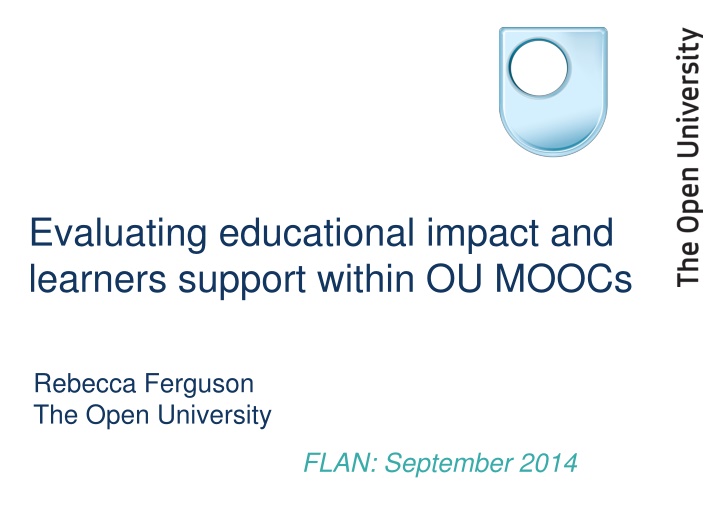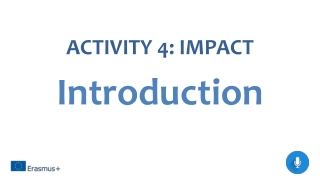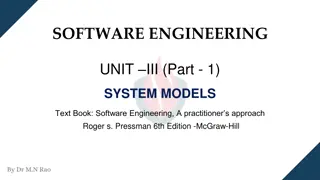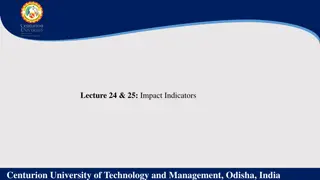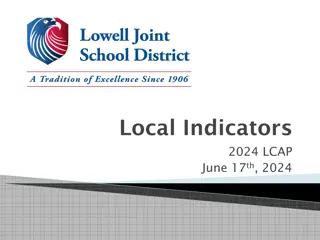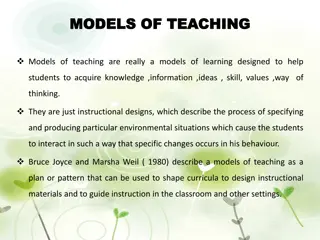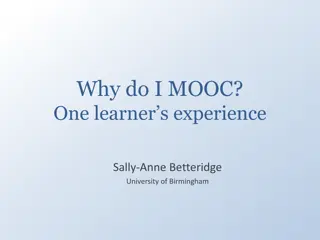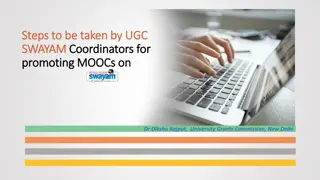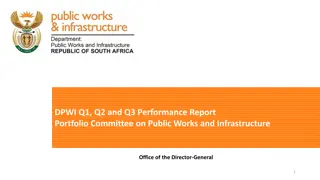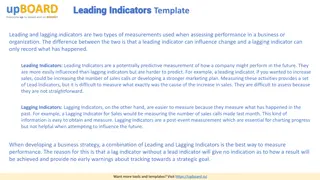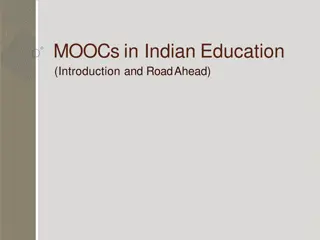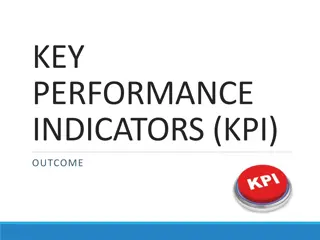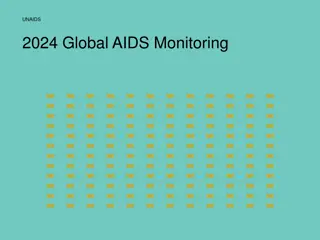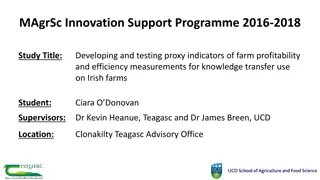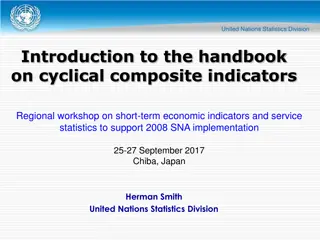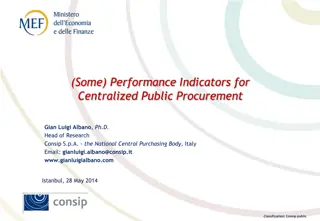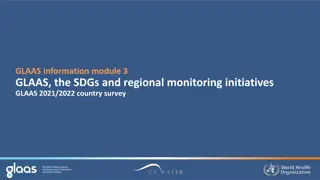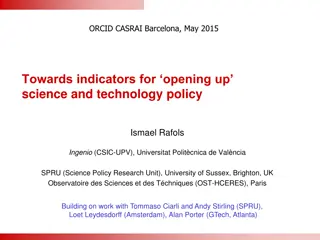Evaluating Impact of OU MOOCs: Support Models & Performance Indicators
This study explores the evaluation framework for support models in OU MOOCs, identifying key performance indicators to assess learning outcomes. It aims to determine if MOOCs effectively support learners in achieving their goals, utilizing basic data and indicators for progress tracking.
Download Presentation

Please find below an Image/Link to download the presentation.
The content on the website is provided AS IS for your information and personal use only. It may not be sold, licensed, or shared on other websites without obtaining consent from the author.If you encounter any issues during the download, it is possible that the publisher has removed the file from their server.
You are allowed to download the files provided on this website for personal or commercial use, subject to the condition that they are used lawfully. All files are the property of their respective owners.
The content on the website is provided AS IS for your information and personal use only. It may not be sold, licensed, or shared on other websites without obtaining consent from the author.
E N D
Presentation Transcript
Evaluating educational impact and learners support within OU MOOCs Rebecca Ferguson The Open University FLAN: September 2014
Challenge Actions: Define a framework for evaluation of/comparison of support models being deployed by OU MOOCs. Evaluate the support models. With reference to JIFL, help to identify indicators of performance and key performance indicators that can be used to assess the progress, developments and achievements of MOOCs. Actions: Devise a framework to establish whether MOOCs achieve their stated learning outcomes, supporting learners appropriately to achieve their goals. Make use of basic data supplied by OMU (including click through, income, number of views and dwell time). With reference to JIFL, help to identify indicators of performance and key performance indicators that can be used to assess the progress, developments and achievements of MOOCs.
Who for? Pro-vice chancellor FutureLearn team Course teams Learning Teaching Solutions Marketing Faculties Library Quality assurance Research community
Why? Quality assurance Internal comparison with formal and informal Internal comparison across MOOCs External comparison Offer a good learner experience Job satisfaction Support journeys from informal to formal Research
Which MOOCs? 1. Ecosystems (2013) 2. Moons 3. Start Writing Fiction (spring) 4. Ecosystems (2014) 5. Managing My Money 6. Forensic Psychology 7. Talk the Talk 8. Basic Science: Understanding Numbers 9. Basic Science: Understanding Experiments
What learning? Whose learning? Learning about subject Learning about tools Learning about people Learning by learners Learning by course team Learning by Facilitators Learning by the university
Survey data Ecosystems 55% Moons 73% I know a lot more about this subject now I know a little more about this subject now My knowledge of this subject has not changed 44% 26% 1% 1% Ecosystems Moons 83% 10% This course made me want to study more I would like to study with The Open University 79% 14%
Course-inspired activity Try and find four different organisms living in a habitat near you and suggest the place that they might occupy in an ecosystem. Ideally, for each you should take a photograph and upload it to iSpot. You will find instructions on how to do this in the downloadable PDF document below. 3296 signed up 1075 added course tag to pics
Online discussions 83: I learned / I learnt / I have learned/ I have learnt I was a bit concerned at first that the course would be too "catalogue-type" - e.g., "What is the biggest / smallest moon" and while there was a bit of that, I learned a lot about tides, cryo-vulcanism and other mechanisms in moon formation. Educational impact
Online discussions 29: Thought provoking / thought-provoking 22: Now know / now understand 120: Informative Thank you for the explanation. I chose the other 3 options for Q 8 and got it wrong. I now understand why Must thank everyone on here for such an interesting and informative dialogue throughout the course so far Educational impact
Toast / toaster / toasters / fun Educational impact
Can an orbiting object the size of a toaster qualify as a moon? Educational impact
Clearly, the OU have introduced a new unit of measurement into this course so here are some equivalents*; Height of an elephant = approx 103 toasters. Length of blue whale = approx 1000 toasters. Equatorial radius of Moon = approx 58 million toasters. Equatorial radius of Ganymede = approx 87 million toasters. Equatorial radius of Jupiter = approx 2.4 billion toasters. From my house to the centre of London = approx 8 million toasters. I think that, from these dimensions it should be a fairly straightforward job to work out exactly how big a moon should be. [Mike Pollard] 27 likes 7 replies Educational impact
Support structure Facilitators help with motivation socialising information exchange knowledge construction learning development
Support structure risks Learners fail to learn as effectively as they might (and worse than on other platforms) with implications for both reputation and business The platform faces the same criticisms as other MOOC platforms (regarding the inadequacies of learner support) Learners think the inadequate support is representative of Partner support for their registered students The social space in FutureLearn is not just ineffective, but potentially dangerous (pleas for help left unanswered, unsuitable groups using space for inappropriate or brand damaging activities).
Evaluating the support structure 1. Facilitators are encouraging and facilitating learners to register for OU courses. 2. Learners are clicking through to OU course registration pages. 3. Learners are satisfied with the support provided by the Facilitators 4. Facilitators report that their online moderation skills have increased. 5. Facilitators are supporting effective learning. 6. Learners view the support structure on the MOOC as being as good, or better, than that support provided on other MOOCs.
Learner comments Thanks to the OU facilitators I now get a better understanding of the topic. The slides are enlightening ... as are the hints given by the OU facilitators. Thank you David, Jess, Michael & the rest of the OU team. This MOOC has been fantastically informative AND fun, fabulous content full of fascinating insights & up to date research findings.
Facilitator comments Hi David, well reasoned, I hope other contributors get to read your comments. You can always look into doing something in Astrophysics with the OU (but I don't know whether I am allowed to advertise their modules). There are some really good ones about. Hi Richard twitter hash tag #flmoons14 offers a way to alert people to news that risks being lost in a sea of posts in these comments/discussions threads
Facilitator interviews Need to be able to access the course site before it opens to learners New messages flagged clearly. Ability to pin messages at the top of discussion for example, an answer to a question that is asked on several occasions. Ability to log on in different roles without appearing on different courses badged as an OU Facilitator.
Business as usual Standard format for reports Ongoing concerns and questions Appropriate software Systems in place to deal with feedback
